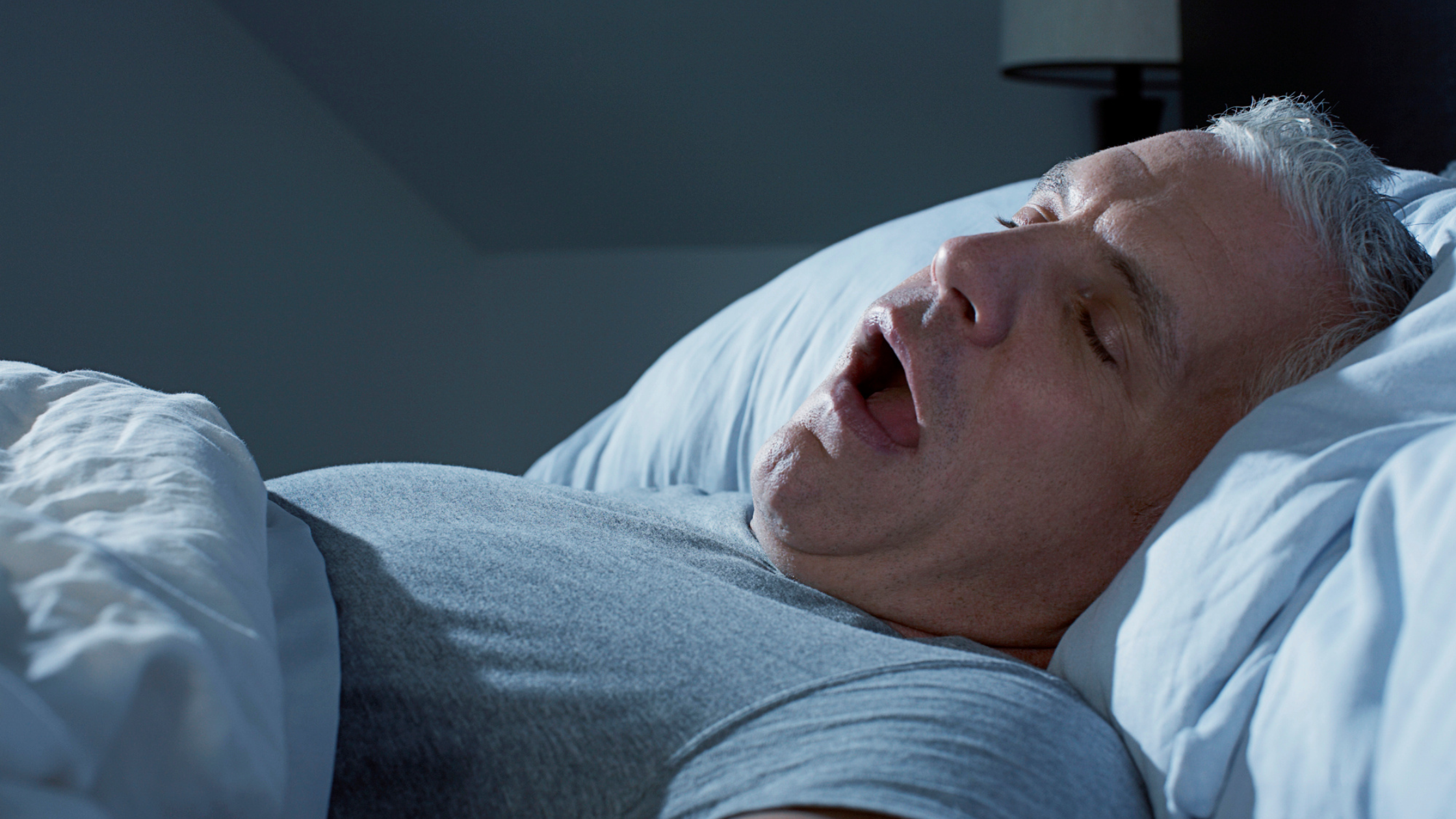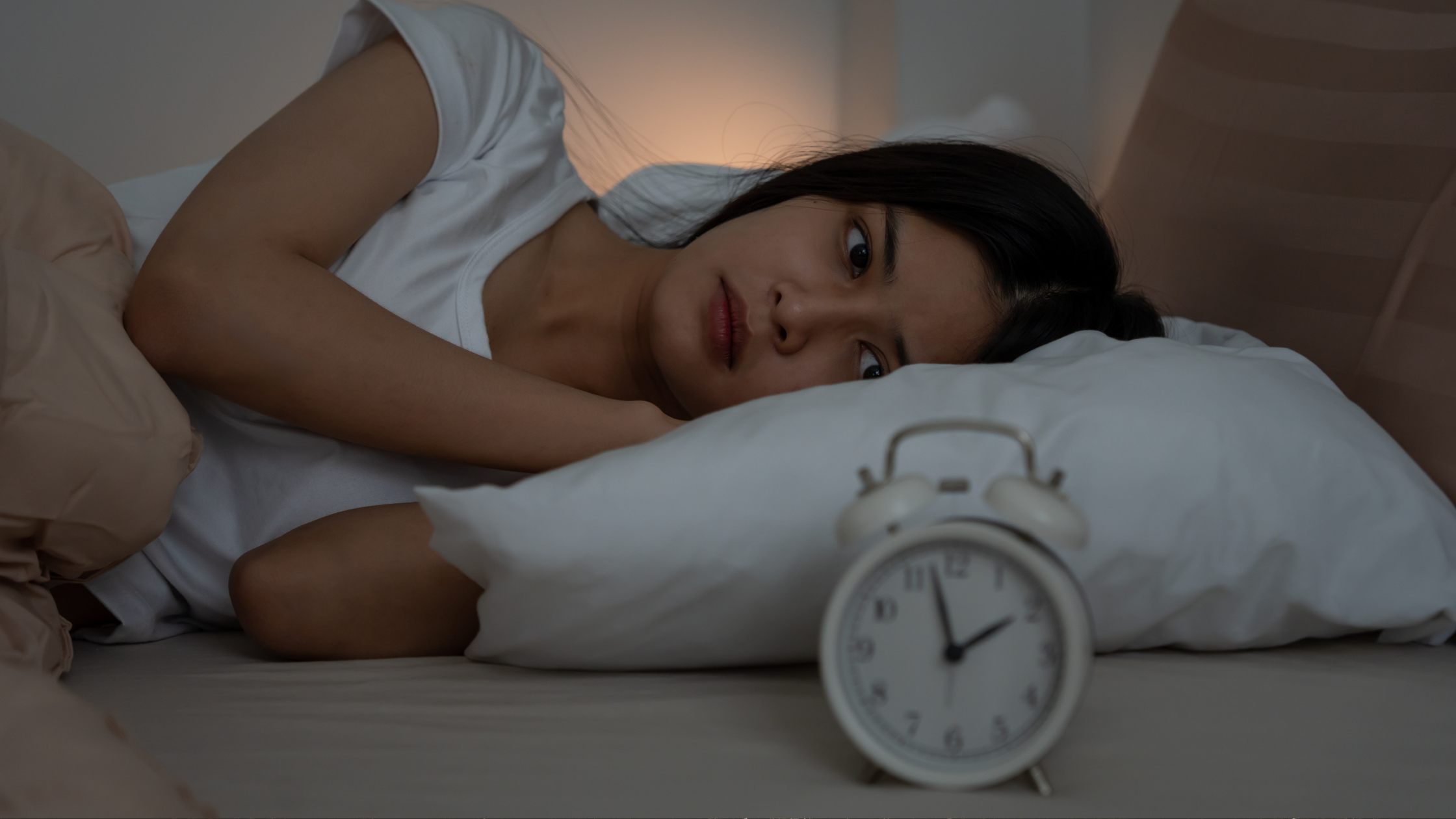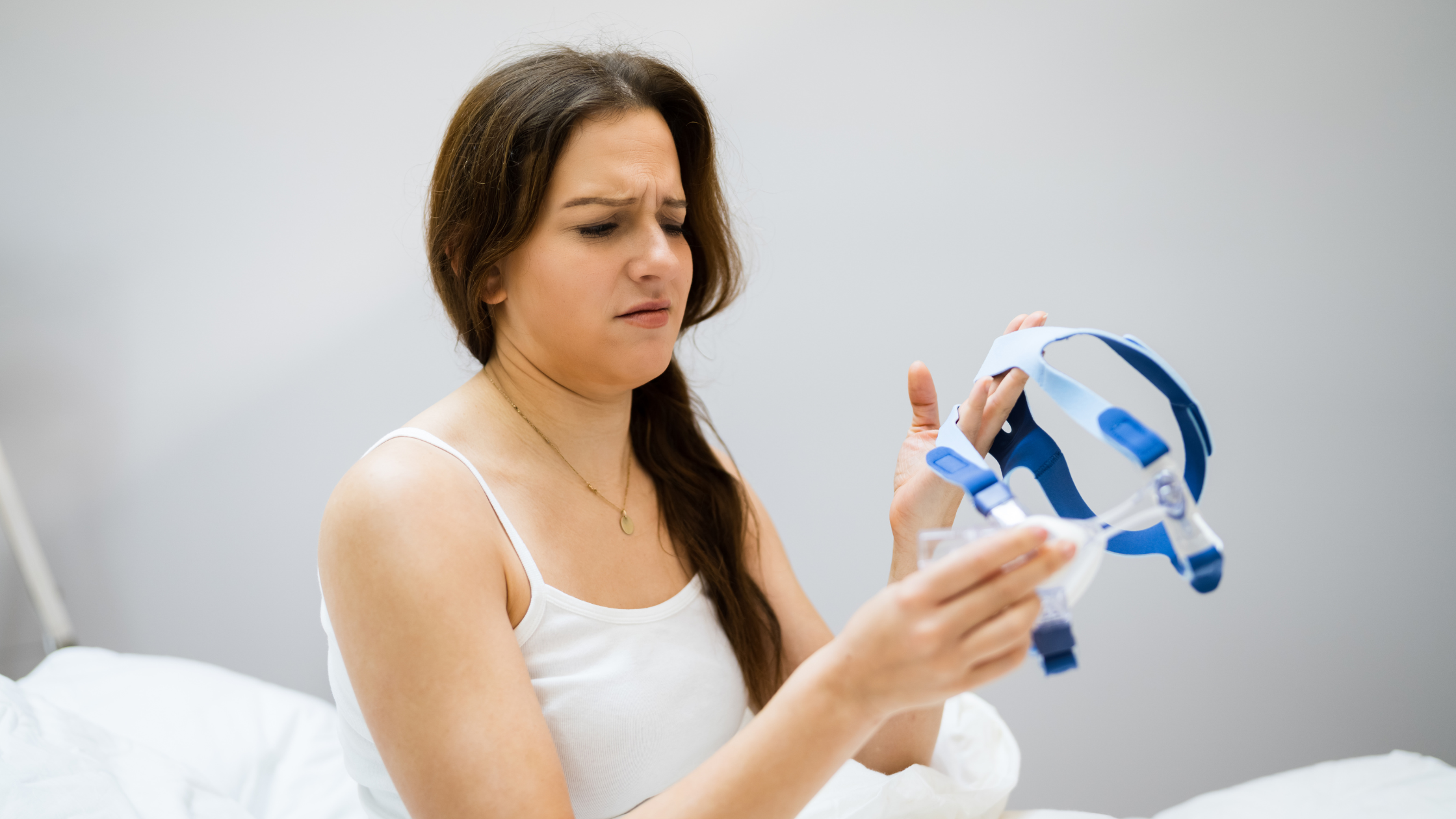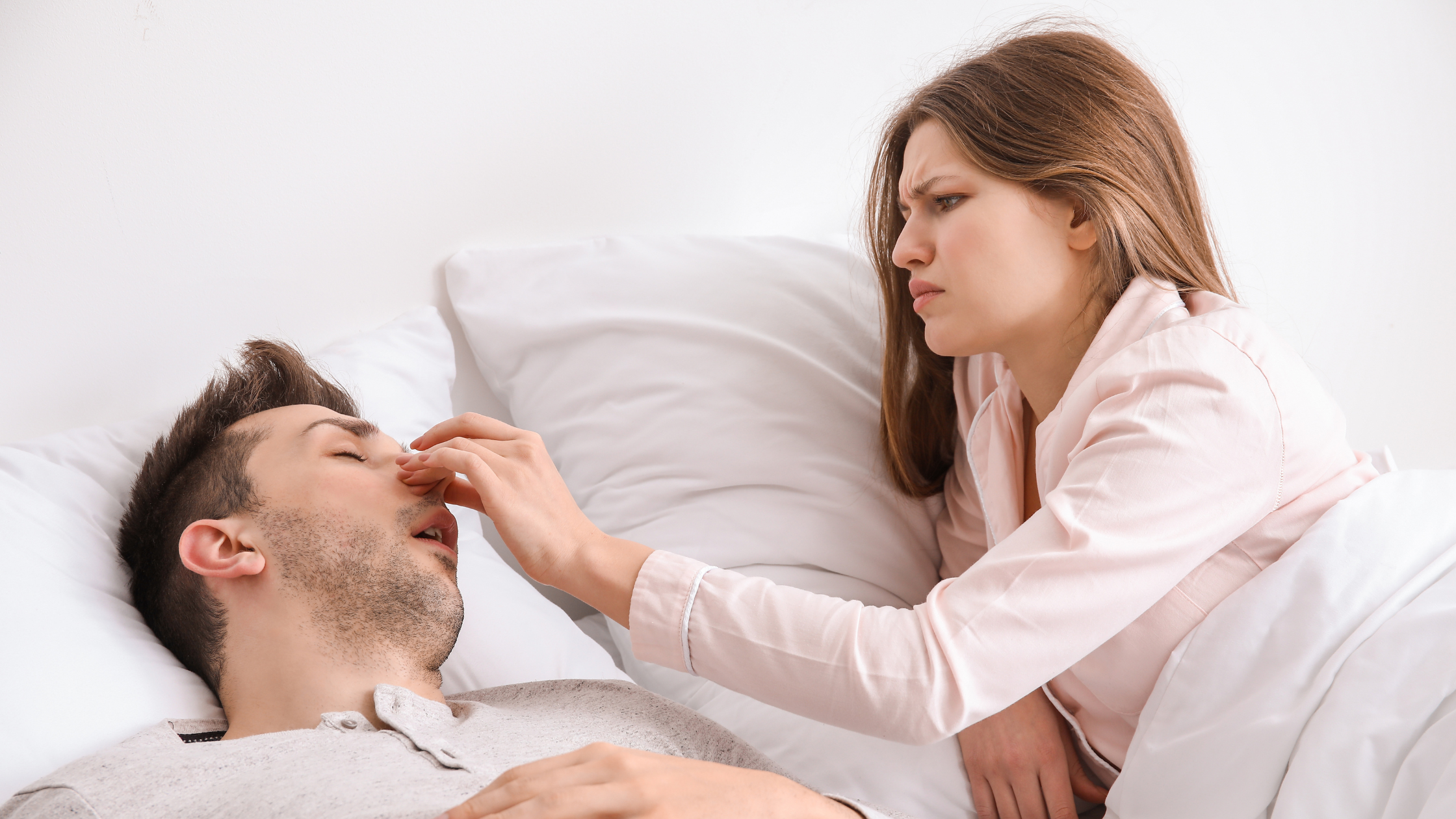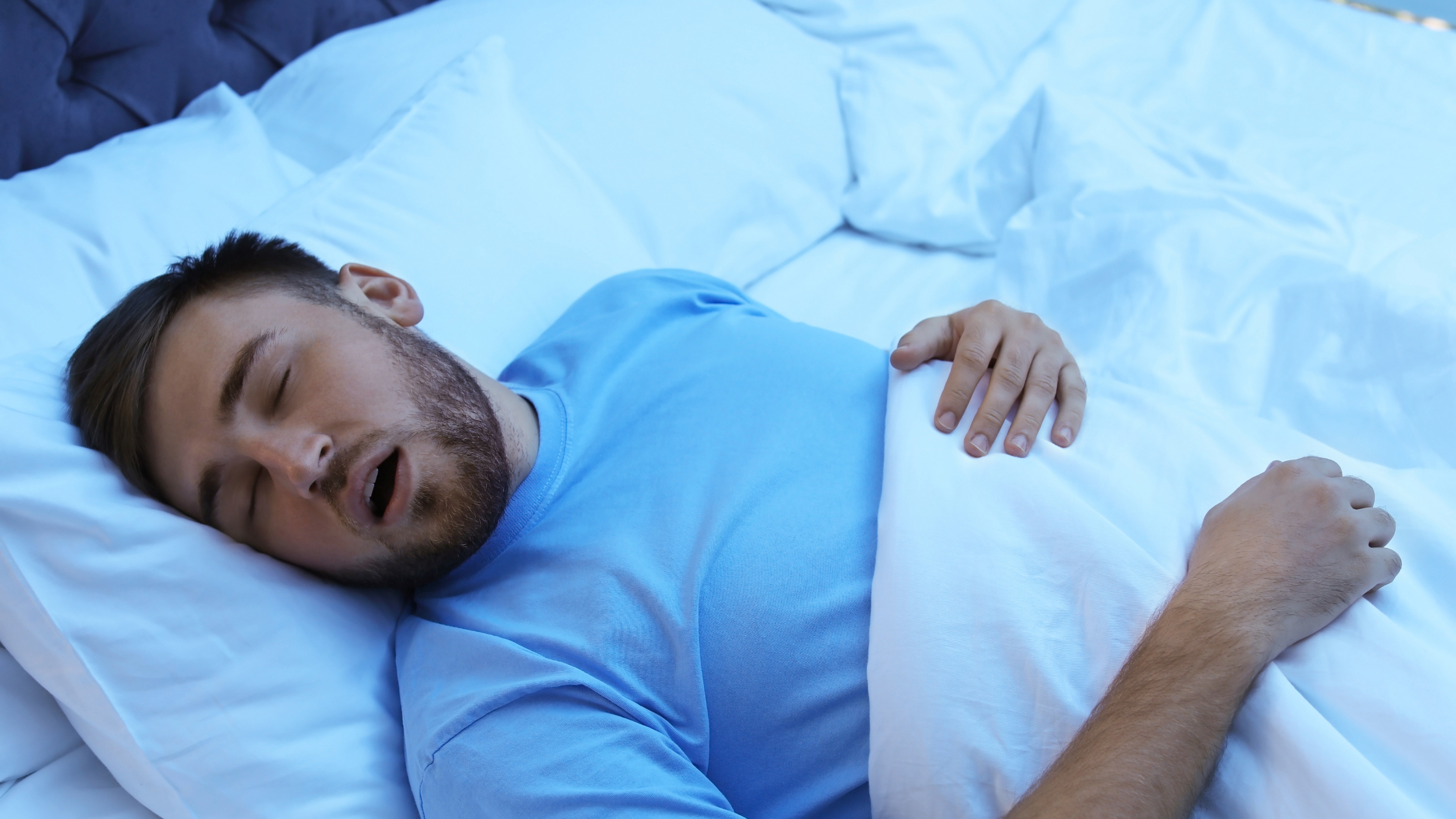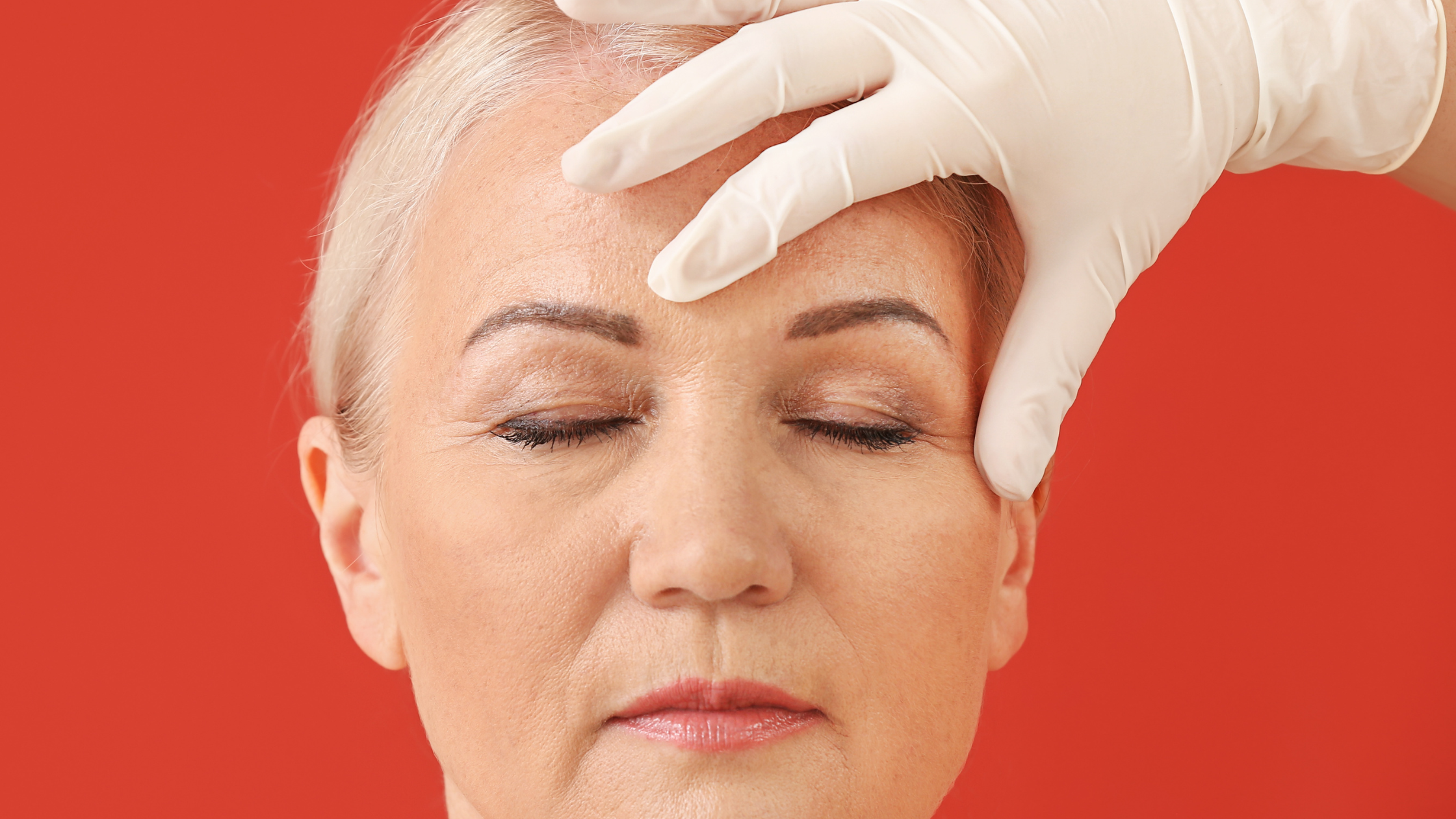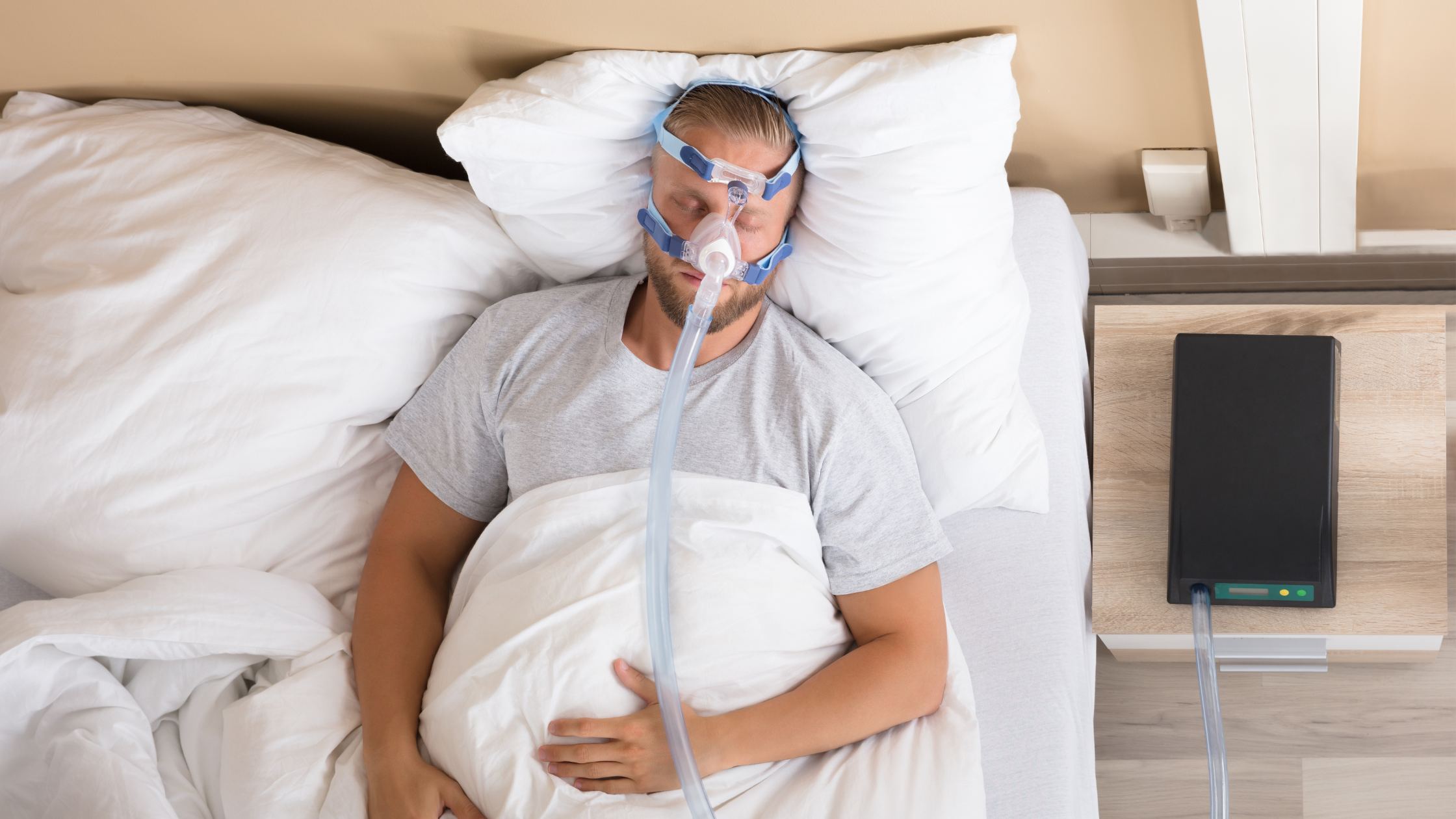Obstructive sleep apnea (OSA) is often thought of as a nighttime breathing problem that causes snoring and daytime fatigue. But growing research suggests its impact reaches far beyond sleep—affecting long-term brain health and potentially increasing the risk of cognitive decline and dementia.
Understanding this link highlights why diagnosing and treating OSA is not just about better sleep, but about protecting the brain over time.


